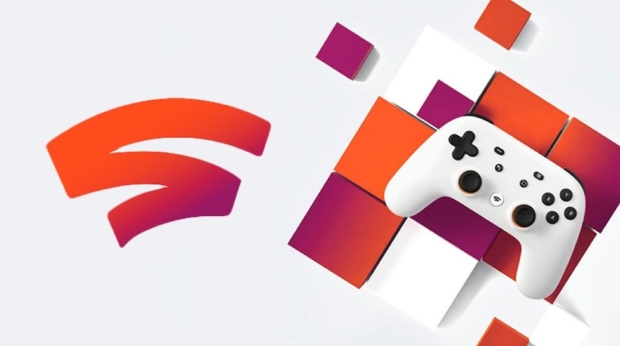Google has been named as the second major company that opposes the Microsoft-Activision merger.

Sony isn't the only one to push back against the proposed $68.7 billion merger between Activision and Microsoft. Multiple companies have told the CMA that the merger could "seriously harm competition." Google, a company that currently doesn't make games but manages to generate billions of dollars in royalties from F2P mobile games on the Play Store, has been identified as one of the principal antagonists of the video games industry's largest-ever deal.
Google was directly mentioned in page 337 of the CMA's final decision report, which reads: "Further, Microsoft submitted that the 'two key complainants' against the deal (SIE and Google) have many reasons to preserve the status quo or undermine the Merger in order to extract higher profits to the detriment of game developers and gamers."

What's interesting is that Google actually has interesting and relevant things to say about the merger, especially as it relates to the cloud market. Google is the only company to have failed in the cloud gaming space; The tech giant closed down Stadia, it's game streaming service, in January of this year. Stadia lasted for 3 years and tried to create a niche in the wildly controversial B2P "buy-to-play" cloud business model, which required consumers to purchase a full-priced game on Stadia's built-in storefront and exclusively stream the game via Stadia.
Right now there are only a few valid cloud gaming business models, including Bring-Your-Own-Game (BYOG) services like NVIDIA GeForce Now or Boosteroid, which require gamers to buy a game on Steam or other storefronts in order to stream with the added benefit of being able to download and play these games locally.
The other valid cloud gaming business model is including streaming as part of a multi-game subscription (MGS) like PlayStation Plus or Xbox Game Pass Ultimate. In this model, consumers do not have to buy games individually and instead pay a monthly fee to access a pool of games that are available for streaming.
The fact that Google failed to not only penetrate the cloud gaming segment but also failed to innovate with a buy-to-play storefront model gives the company a unique perspective in these talks, and has garnered a certain level of attention from the CMA, who has postulated that the Microsoft-Activision merger could effectively stifle any future innovations on such a B2P model from taking place given the power of the Activision IP on the cloud segment.
The CMA essentially believes that Microsoft would use Activision IP to further solidify BYOG and MGS as the only viable solutions and potentially push out any opportunities for other business models. As it stands, the B2P model used in Stadia just isn't a good fit for cloud gaming due to latency issues and the fact that purchased games do not transfer over to any other storefront or platform, however this could change in some regard in the future.
Trends indicate that it is unlikely that B2P will take a foothold in the cloud gaming segment, but neither the CMA or anyone else can predict what could happen in the future--for instance, no one saw the incredible value of Xbox Game Pass coming on the horizon, and that value-oriented business model has significantly transformed the video games industry.



